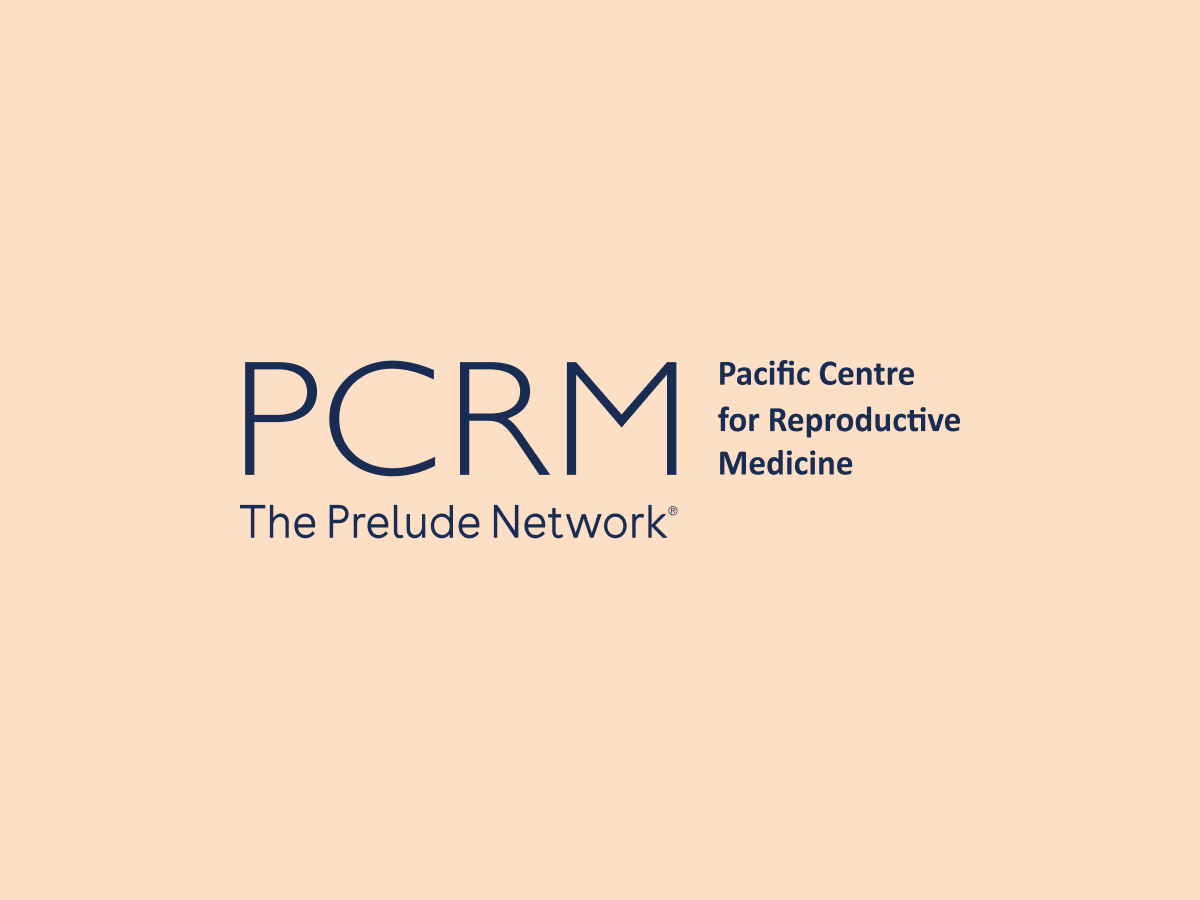Ovulatory Disorders
Your hypothalamus, the small gland at the base of the brain, is essentially your reproductive hormone thermostat. It regulates the levels of several hormones by providing feedback to the pituitary gland.
If everything is working right, the hypothalamus produces gonadotropin-releasing hormone (GnRH), which signals increased hormone production during the first phase of your ovulatory cycle. In response, the pituitary increases FSH production, which causes follicles to develop. As healthy follicles develop, they produce estrogen, which is monitored by the hypothalamus. As estrogen levels increase, FSH levels decrease. Once the follicles are mature, the hypothalamus signals a spike in luteinizing hormone (LH) production to stimulate ovulation 36 hours later.
If something within this process is irregular or absent, infertility occurs.
Irregular ovulation can be caused by several factors, most commonly by ovarian failure, which occurs when the ovaries can no longer release eggs that are capable of fertilization and development. It is a natural consequence of aging that culminates with menopause. Unfortunately, it occurs earlier in some women. In this instance, the only fertility treatments available are donor eggs or adoption.
Polycystic Ovarian Syndrome (PCOS)
Polycystic Ovarian Syndrome (PCOS) commonly causes irregular ovulation and infertility. Women with PCOS are often overweight; they ovulate irregularly, and may have an increased risk of miscarriage.
Because PCOS causes a resistance to insulin, and elevated insulin levels stimulate the ovary to produce androgens, women with PCOS are not only at risk of infertility, but also diabetes, heart disease, and high cholesterol. Insulin-sensitizing medications like Metformin can help to increase the body’s sensitivity to insulin, helping to resume normal ovulation.
Related Posts
Categories
About the PCRM Blog
Welcome to the Pacific Fertility Centre for Reproductive Medicine Blog! Nationally and internationally recognized for providing exceptional reproductive care, our team believes in empowering people with the knowledge they need to navigate their unique fertility journeys.
From information on the latest fertility treatments to valuable insights on egg donation, surrogacy, and everything in between, the Pacific Centre for Reproductive Medicine Blog is your ultimate resource for all things reproductive care and support. Read on to learn more, and contact us today if you have any questions or want to schedule a new patient appointment.

